Description
Succeeding as a Coach is aimed at coaches who have completed their training and are looking to take the next steps on their professional journey. It provides insights from expert practitioners in a uniquely concise format, with frequently asked questions discussed in bitesize chapters that allows any coach or trainee to quickly find the specific guidance they need to add new ideas to their coaching repertoire.
The content is divided into five sections: Section 1 deals with training, setting up in practice, attracting business and planning sessions; Section 2 looks at starting a session and establishing the coaching relationship; Section 3 covers core skills such as reflection, listening, questioning and the coaching mindset; Section 4 explores how to manage time and close sessions; and finally Session 5 considers wider coaching issues such as supervision, personal development and developing self-awareness.
Author
Jonathan Passmore is Professor of Coaching and Behavioural Change at Henley Business School. He directs Henley’s Centre for Coaching, which delivers training to more than 300 graduate students per year, and previously designed the UK’s first Coaching Psychology degree programme at UEL. He has written or edited over thirty practitioner and academic books, and in 2019 was named the world’s #1 coach for leadership psychology at the Thinkers50 Marshall Goldsmith Awards.
Details
ISBN: 9781914010262
Format: Paperback
Publisher: Pavilion Publishing and Media Ltd
Publication date: April 2021
Content
Foreword (Riza Kadilar)
Introduction (Jonathan Passmore)
SECTION 1: PRE-COACHING
Introduction
1. Setting up a new coaching practice
2. Marketing a coaching business
3. Looking after yourself
4. Selecting a training provider
5. Therapists as coaches
6. Mindful preparation
7. Helping clients prepare
8. Fees
9. Self-disclosure
10. Meeting chemistry
11. Location
12. Coaching contracts
SECTION 2: STARTING A SESSION
13. How to start
14. Attachment-informed relationships
15. Compassion
16. Enabling clients to think for themselves
17. Referral to other professionals
18. Cross-cultural issues
19. Collaborative relationships
20. Helping clients set goals
SECTION 3: THE SESSION CORE
21. Making ethical decisions
22. Asking better questions
23. Listening
24. Reflection
25. Affirmations
26. Avoiding giving advice
27. Using emotions
28. Using the body
29. Courage
30. Ecopsychology
31. Psychometrics
32. When a client cries
33. Embodying a coaching mindset
34. Tools and techniques
35. Primary colours approach
36. Helping clients find a place in their system
37. Online coaching
SECTION 4: CLOSING THE SESSION
38. How to close
39. Managing time within and across sessions
40. Giving and receiving feedback
41. Using notes in coaching
SECTION 5: POST-SESSION
42. Managing personal data
43. Reflecting on practice
44. Supervision
45. Selecting a supervisor
46. Self-awareness
47. Planning personal development
48. Becoming a wise coach
49. Developing an integrated approach
50. Developing a coaching culture
Audience
This book is aimed at newly qualified coaching practitioners and those nearing the end of their training who require insights and guidance on how to set up in business, establish a value proposition and build their knowledge towards that of a master coach. More experienced coaches are also likely to find much of value of them.
Sample Chapter
Click the book cover below to view a sample chapter

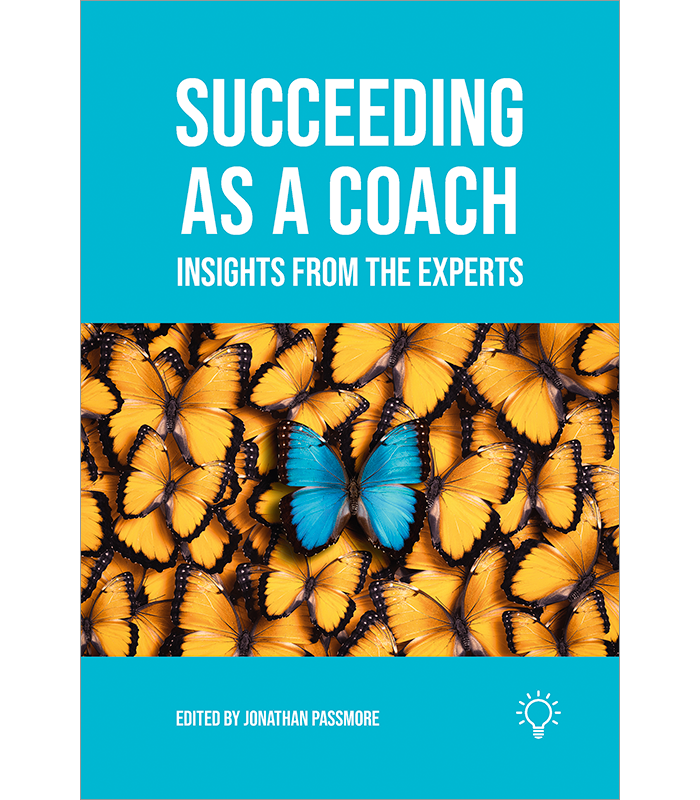
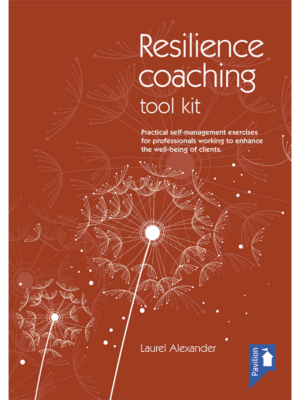
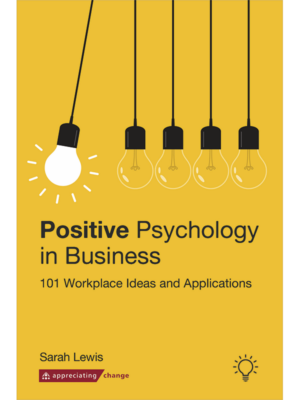
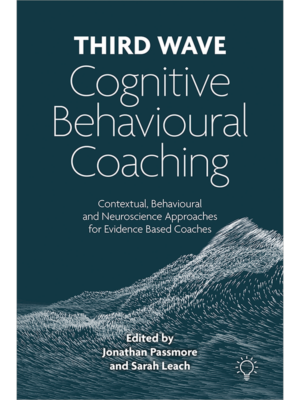
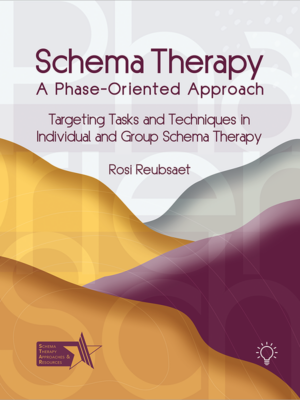
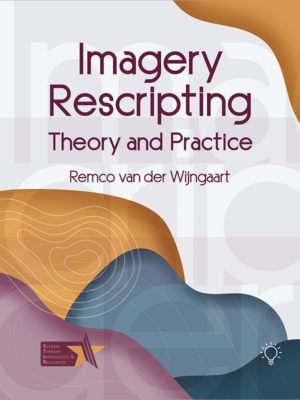
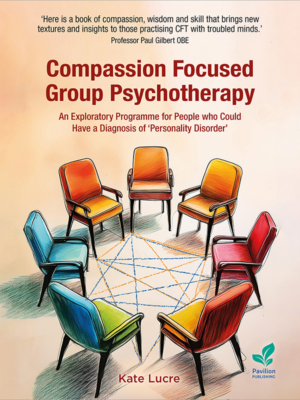
Reviews
There are no reviews yet.